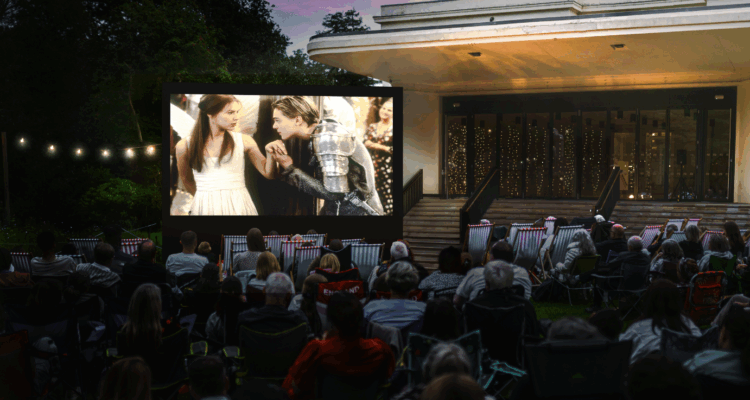Food, Food, Everywhere
By Emily Lezzeri, Get Into Reading Project Worker
Quick task: give yourself five minutes and write down as many metaphors/similes/idioms to do with food as you can. I managed ten and felt that, given time, I could have summonsed up many, many more. Now, write down as many single words to do with food that you can think of (but don’t include any actual food items). You should have a long list; mine included nourishment, sustenance, provisions. The English Language is “peppered” with references to food (and drink). Literature is the same, whichever language it is written in. Who can think of Proust and not then think of madeleines? Which literary-minded person can hold a peach and not think of Eliot? The examples are endless.
I have been working at an in-patient unit in Devon dedicated to the treatment of eating disorders. For nearly a year I have run weekly Get Into Reading sessions for men and women of all ages who are struggling, very intensely, with a mental illness that finds its outward expression through control over food. Food, and its ingestion/rejection, has consumed the lives of these people, to the point that they have been hospitalised. I don’t use the word “consumed” lightly; it is simply to emphasise how language can so easily be linked to ideas of nourishment, sustenance or deprivation.
It is the same for literature. We consume novels. We absorb their stories and ideals. We devour poetry and feast on its imagery. If we have read something that disagrees with us (a newspaper article, perhaps) we feel depleted and long for nourishment of one form or another to regulate ourselves. With this in mind, I knew I had to choose what we read in my weekly GIR sessions at the Eating Disorder Clinic very carefully.
My first intention was to avoid texts that had any reference to food. This was a well-intentioned decision that proved difficult to adhere to. Food is everywhere. I was determined, however, to provide an environment that could engage the service-users in a space of time each week that would not focus on the issue of food. We have read poems by Emily Dickinson, Louis MacNeice, Wordsworth and Poe. We have read stories by Tobias Wolff, George Mackay Brown and Chekhov.
Comments from participants have included:
“the group makes my mind feel free and at ease”
“I feel a lot more positive and creative and inspired to do other intellectual things, rather than focusing on my anorexic behaviours”
We are currently reading Animal Farm; food production, and who controls it, figures strongly in the novel but it is not the focus of our discussions. We are talking about the links between poverty and politics; we are talking about greed and want; we are talking about trust and betrayal. We are NOT talking about food.
Share
Related Articles

Open Air Cinema FAQ’s
If you were able to snap up tickets to our brand new Open Air Cinema, check below for any queries…

New Liverpool open air cinema brings movies to the Mansion
NEW FOR 2025: Eight handpicked films will hit the big screen in Calderstones Park this summer as national Shared Reading…

Pat: ‘You don’t need to be an academic – it’s about going on your gut feeling about a story or poem’
National charity The Reader runs two popular weekly 90-minute Shared Reading group at one of the UK’s most innovative libraries,…


